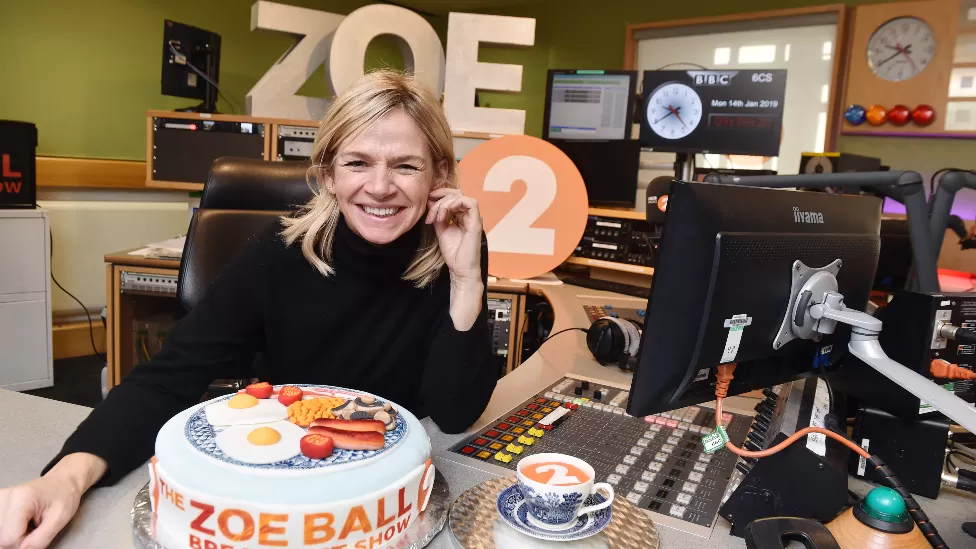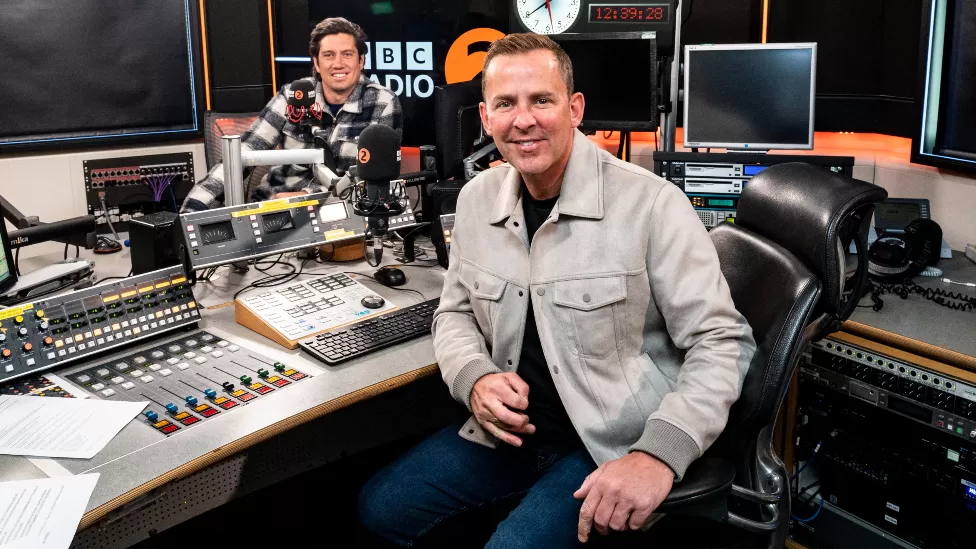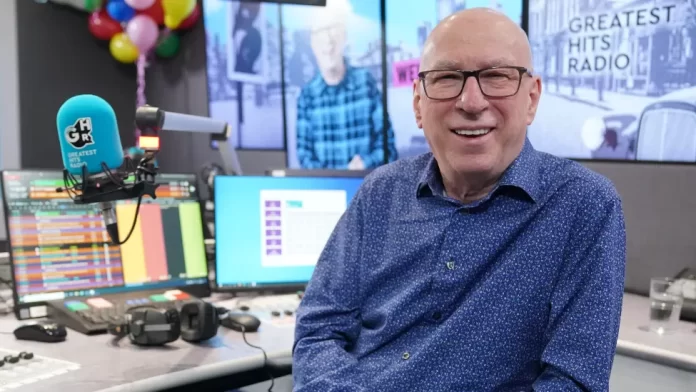BBC Radio 2 lost a million listeners in its first quarter without Ken Bruce, after he left the station to join Greatest Hits Radio (GHR).
In his first three months, Bruce attracted just below three million listeners to his GHR mid-morning show.
That is around 1.25 million more than the show’s previous host Mark Goodier.
However, it is a much lower audience than Bruce attracted on Radio 2, where his was the most popular radio programme in the UK.
The latest figures from radio industry body Rajar reflect a difficult quarter for Radio 2, which lost more than a million listeners between April and June following Bruce’s exit in March.
Zoe Ball dropped by 533,000 listeners compared with the previous quarter, bringing her audience down to 6.7 million, but her programme remained the most popular breakfast show in the UK.
The second quarter of the year saw Bruce’s former Radio 2 mid-morning show hosted by stand-in presenter Gary Davies for several weeks, before his permanent replacement Vernon Kay took over the slot.
Kay presented his first show on 15 May – which was half way through the audience measuring period for industry body Rajar.
That means the radio industry will not get a true representation of Kay’s figures until the next quarter – which will reflect a full three months for him in the role.
The decrease in audience for BBC Radio 2 constitutes a loss of around 7% for the station on the previous quarter. However, Radio 2 remained the UK’s most popular station by a comfortable margin.

Station boss Helen Thomas said: “Radio 2 remains the UK’s most popular radio station with 13.5 million loyal listeners who tune in each week to the best music from the past seven decades, presented by some of the country’s most loved presenters.
“Congratulations to the brilliant Zoe Ball who continues to host the most listened to Breakfast Show in the country,” she added.
The last year has seen several big names on Radio 2 either leave or have their number of programmes reduced – including Bruce, Steve Wright, Vanessa Feltz and Craig Charles.
Greatest Hits Radio now has nearly 6 million listeners overall, with its drivetime host Simon Mayo, another former Radio 2 presenter, attracting 2.3 million listeners.
In a statement, Bruce commented: “I’ve always said that it’s not really about the numbers and it’s not, for me at least, but I’m delighted to hear today’s news for the team here at my new home, Greatest Hits Radio.
“My first four months have flown by and I’ve loved every minute of it – and there’s much more to come. [The show] wouldn’t be what it is without its listeners so your company is always much appreciated.”
On Thursday, parent company Bauer announced Bruce would front a new GHR spin-off station dedicated to music from the 1960s.

Bruce also recently launched a TV adaptation of his popular quiz PopMaster, which he took with him from Radio 2 to GHR.
The Scottish presenter’s GHR show is currently being investigated by Ofcom over the station’s campaign calling for offenders to be prevented from refusing to attend sentencing hearings.
Elsewhere, Radio 4 continued its recent decline, with a loss of a further 428,000 compared with the previous quarter. Over the course of a year, the station has dropped from 10.2 million listeners to 8.9 million.
The station’s flagship Today programme lost 266,000 listeners on the previous quarter, while 5 Live Breakfast dropped by 27,000.
BBC Radio 1 was up slightly, to 7.7 million, but there was a slight drop for breakfast host Greg James, whose average weekly audience this quarter was 3.9 million.
There was better news for BBC Local Radio stations, which jointly increased their total audience from 7.38 to 7.65 million, despite a period of significant upheaval and job cuts.
However, a more detailed look at individual local radio stations shows 24 of them actually lost listeners this quarter, while 13 improved their reach.
The corporation also said its BBC Sounds app enjoyed a surge in listening – with a nearly 50% increase in usage on last year, and a record 582 million plays to its programmes, podcasts and music mixes.
The radio listening figures were published on the same day as a new report by Ofcom, which revealed a record decline in traditional TV viewing.
Source – BBC










